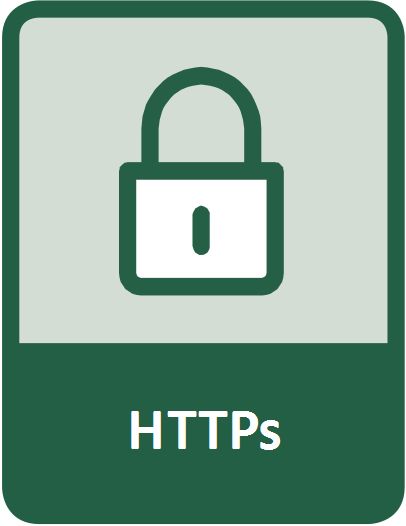Embassy Document Attestation
Authenticated documents are typically required when people go abroad for employment or immigration purposes. Getting them verified from the country’s embassy in the UK ensures that authorities can be certain that these personal or commercial documents are genuine and not fake.
For instance, authenticating somebody’s degree certificate means their new employers can trust that they do genuinely hold a degree. Individuals that don’t get their documents authenticated may face difficulties entering another country or be rejected from doing so altogether.
What is Embassy Document Attestation?
Embassy attestation is the process of verifying the authenticity of a legal document in one country so that it will be accepted in another. This is required as it is often difficult for the relevant authority—such as an employer or the government—to determine whether a document is genuine or not. Only when its authenticity has been declared by the signatures of the verifying personnel will the document be considered attested.
It is important to note that there are many terms used to describe document attestation, including authentication, legalisation, verification, stamping, and notarisation. Please do not get confused as these terms often all mean the same thing.
Let’s consider the example of a British individual needing their marriage certificate attested so that they can move to China. To complete this process, the document must be verified by both the FCO (British Foreign Office) and a solicitor or notary public before the Chinese embassy will attest to it. Only then will Chinese authorities recognise the marriage certificate’s authenticity.
Because of how sensitive the process is, there are three steps that need to be undertaken:
- Attestation from a solicitor (some exceptions)
- Attestation from FCO (no exceptions—all documents must undergo this)
- Attestation from the relevant embassy
There are certain documents that are exempt from being stamped by a solicitor. These are:
- Original UK Birth Certificates
- Original UK Marriage Certificates
- Original UK Police Clearance Certificates (ACRO only)
- Original UK Death Certificates
- Original UK Medical Reports signed by a UK Doctor*
*The UK doctor must be registered with the British Foreign Office (FCO) Legalisation Department.
What is an Apostille?
An apostille certificate is a global attestation admissible in over 90 nations that have joined the Hague Convention. This includes most of the Western world and countries like the UK, the US and Germany. These nations recognise the attestation of the ministries from other nations in the convention as sufficient evidence that a document is genuine. As a result, you do not need to get your legal documents attested from the embassies of the countries in question. For instance, Brits moving to the US will have their apostille certificates automatically accepted by US officials, who won’t ask for further evidence of a document’s authenticity.
What are the main types of attestation documents?
The two main types of attestation documents are personal (like degree, birth certificates and marriage certificates) and commercial (such as invoices and Articles of Association). Some of the most common documents that get attested include:
- Degrees
- Birth Certificates
- Marriage Certificates
- Death Certificates
- Adoption Certificates
- Divorce Documents
- Court Documents
- ACRO Police Documents
- Educational Certificates
- Passports
- Driving Licences
- Finance Documents
- Non-ACRO Police Documents
How can Gulfvisa help?
Here at Gulfvisa, we handle the whole attestation process on your behalf. This includes getting your document attested from all the relevant bodies required before sending it back to you. This all-inclusive service has a single price for completing all the necessary steps. Visit our document attestation page today to get your documents legalised in no time.







